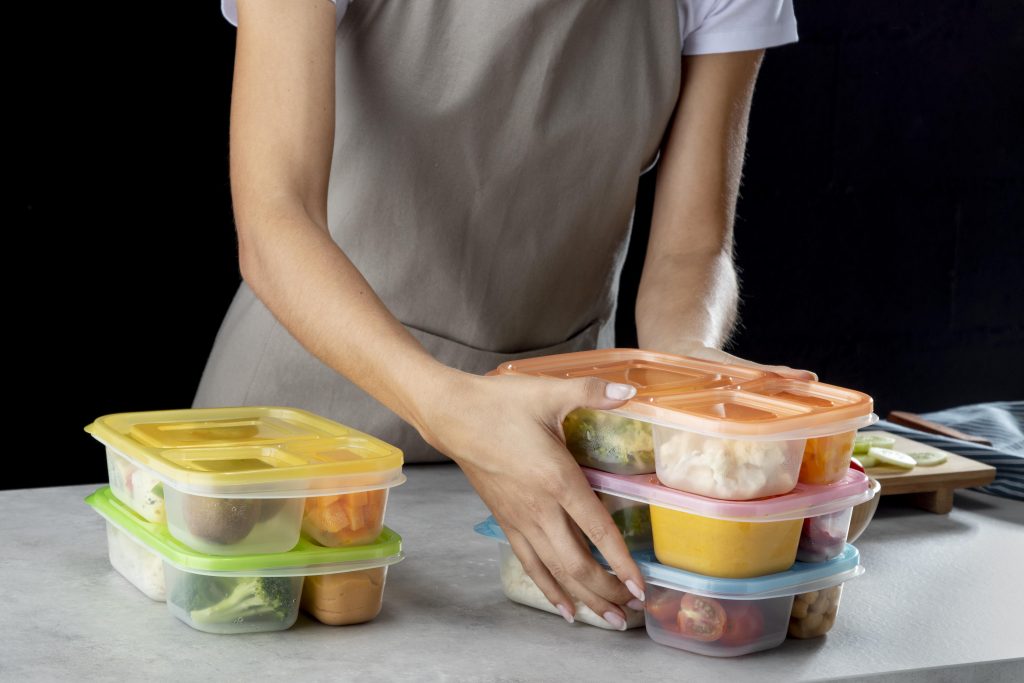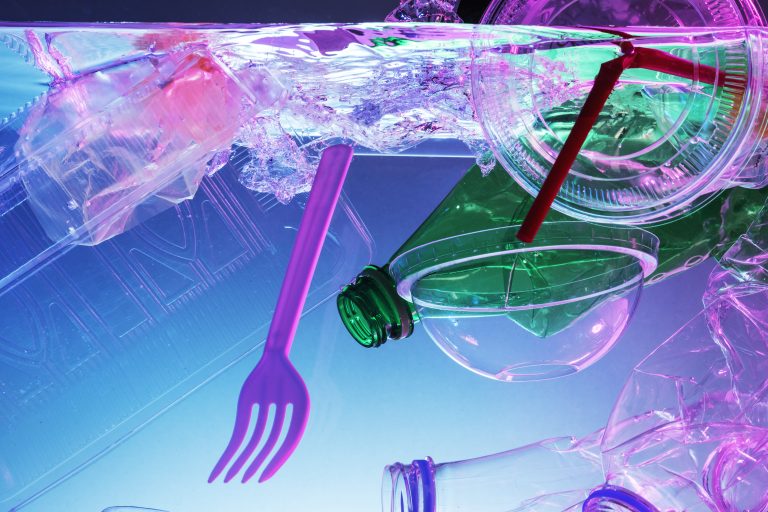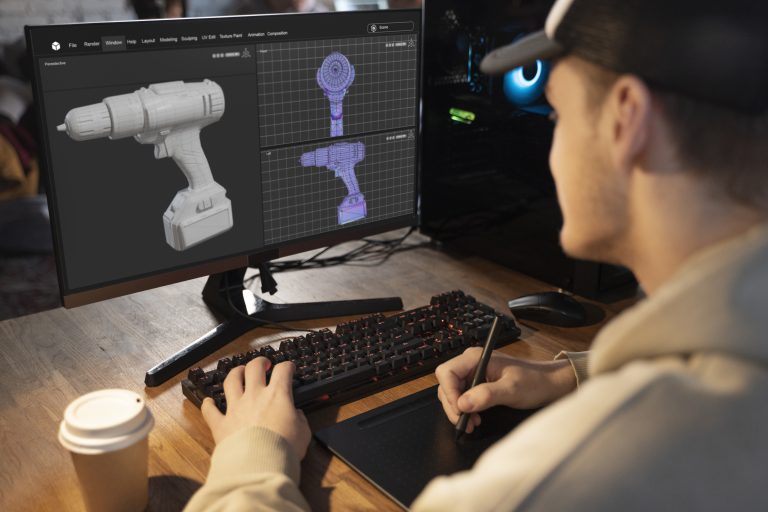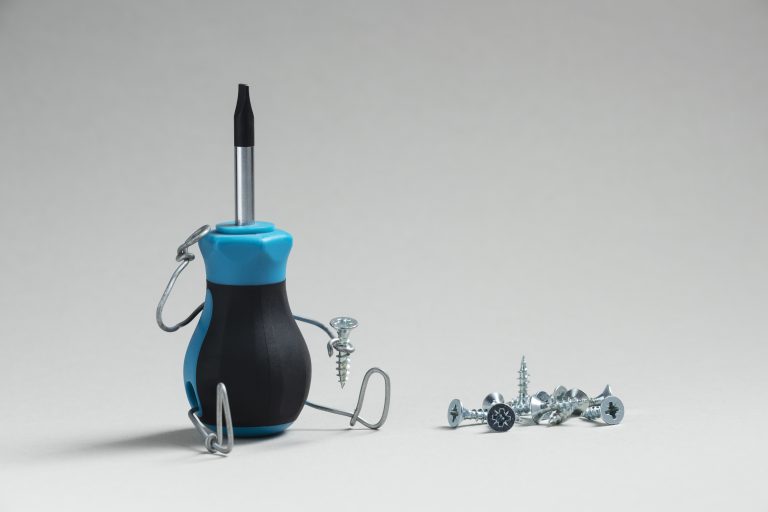The way we consume our food has changed over the years, with greater emphasise now placed on convenience and speed of delivery. Hygiene and food safety, however, remains of paramount importance. Food-grade plastics are an ideal solution for keeping food safe. They also provide packaging solutions to consumers that are easy to transport and store, quick to unwrap and keeps the contents free from contamination.
Plastic injection moulding techniques are ideal for manufacturing a wide range of food-grade plastics and packaging solutions for the grocery, food and beverage and FMCG sectors. In fact, plastic has been the go-to material for the vast majority of food and drink companies for many years They offer a large number of key operational, design, safety and budgetary advantages, as follows.
Strength and flexibility
Thanks to the different types of plastic materials used in plastic injection moulding and their varying properties, manufacturers can produce a wider variety of plastic wraps, boxes, bottles, tubs and containers. These are clean, strong and flexible. They can have branding, ingredients, allergens and food preparation and storage instructions added to them at initial design stage. Food-grade plastics can keep food safe from being knocked about and dropped, while also providing a lightweight transport solution to carry home from the shops or add to a packed lunch or picnic basket.
Freshness and hygiene
Plastic packaging solutions are easy to keep clean and hygienic with the right kind of design and smooth finish. Plastic has excellent resistance to moisture, which keeps raw foods such as fruit and vegetables fresher for longer. Plastic can also resist chemicals and create an airtight seal, again to keep food fresh and safe for a long time. Depending on the type of plastic used and the shape of the packaging, it can be sealed and resealed multiple times, allowing consumers to take out the amount the need and then close the packet again to help reduce food waste and prevent contamination by keeping contents sealed.
Cost-effective and practical
Packaging solutions that offer great value for money and are practical and easy to use will always prove popular with the food and beverage industry. Shops, catering outlets and hospitality venues that buy food and drinks in bulk will appreciate savings on the packaging solutions and food-grade plastics they need. Affordable plastic injection moulding allows for food packaging to be created and used widely, with practical designs allowing easier stacking during transit and storage once on site.
Specialised packaging solutions
The versatility of the injection moulding process allows food containers and packets to be made to exact specifications and quantities. This includes special editions, such as different shapes, promotional food labels and larger packages for bulk-buying deals. Plastics can be coloured to match branding, advertising campaigns or awareness events very precisely. Prototyping is also very easy to achieve using plastic injection moulding and food-grade plastics before committing to a larger order. This can keep costs low during packaging design stages and allow companies to compare different versions of food-grade plastics packaging solutions side by side.
Challenges for food-grade plastics manufacturing
As with any manufacturing process, plastic injection moulding for food-grade plastics and packaging solutions also comes with its own challenges to overcome. As we become more aware of the effects of climate change, more of us are turning to sustainable solutions for our packaging. Choosing recyclable plastics is clearly a great way to address this growing concern. However, it is also imperative that the materials chosen are, above all, safe, hygienic and fit for their overall purpose. Recycled food-grade plastics must be subject to as strict a quality testing regime as any other packaging solution.
Additionally, plastics intended for the food and drink sector must not contain chemicals that could seep into edible foodstuffs or cause contamination and risks to public health. This is certainly achievable with plastic injection moulding by careful selection of materials and a multi-stage testing process. Some plastics also need to withstand the high temperatures of being put in the oven to cook. Conversely, other packaging solutions are designed for freezing and must not deteriorate or cause contents to leak during the process. This all requires additional thought and attention to how food-grade plastics are designed and which materials are used in their production.





